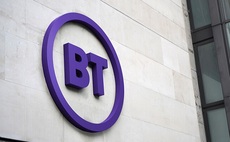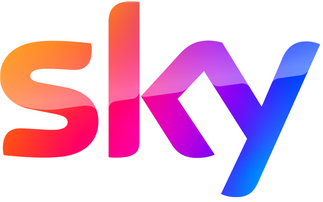Government to impose 50p per month levy on fixed copper lines to pay for links in areas where fibre connectivity is not economically viable
Carter : 50p levy to fund UK-wide fibre rollout Lord Carter has announced plans for a "broadband tax" to raise up to £175m to help fund the rollout of next-generation, superfast network connectiv...
To continue reading this article...
Join Computing
- Unlimited access to real-time news, analysis and opinion from the technology industry
- Receive important and breaking news in our daily newsletter
- Be the first to hear about our events and awards programmes
- Join live member only interviews with IT leaders at the ‘IT Lounge’; your chance to ask your burning tech questions and have them answered
- Access to the Computing Delta hub providing market intelligence and research
- Receive our members-only newsletter with exclusive opinion pieces from senior IT Leaders























